Together, we’re tackling prescription pain pill, fentanyl and heroin addiction in Spokane County.
Spokane’s connection to prevention, treatment and recovery.
Opioid Treatment and Recovery Resources
Discover resources for treatment and recovery
GET HELP NOW
Opioid Education and Prevention Resources
Learn about regional resources
Opioid Addiction Questions and Answers
Learn more about addiction
READ THE FAQ’S
Spokane Operation Engage

Learn more about the community alliance working to bring awareness to the growing fentanyl crisis in Spokane County.
Spokane Regional Opioid Task Force
Helping our community recover from substance use and addiction.
If you or a family member struggles with addiction or substance use and need help, we’re here for you. You are not alone. We want to help you find the right resources.
Drug Prevention Spokane and the Spokane Regional Opioid Taskforce is composed of over 60 local organizations, agencies and individuals committed to addressing the opioid crisis in Spokane.
We are a treatment referral clearinghouse and offer educational resources designed to address the physical and community health-related consequences of drug dependence.
OUR GOAL
Reduce opioid dependence and prevent overdoses and other drug-related deaths.
OUR VISION
We envision a safe, healthy community free from the ravages of opioid and other drug addiction and misuse.
OUR MISSION
We offer a community-wide, progressive, and emergent response to the opioid epidemic. We partner and engage with multiple public and private entities that encourage the use of evidence-based best practices and evaluation in the communities and populations we serve.
Drug Prevention Spokane helps you and your family take the first step towards recovery. Use our website to learn more about local services available to get you started on your path towards recovery. Contact us today for a confidential treatment referral.
Get Help Now!
Drug Overdoses
Are Medical Emergencies
Drug overdoses are medical emergencies. Do not delay seeking assistance for yourself or a loved one. Time is of the essence in treating an individual who is experiencing an overdose or a drug-related crisis. If you have an emergency and need help, call 911. If you need crisis or drug-related assistance, please contact the Spokane County Behavioral Health Crisis Hotline and you will be immediatly connected with a professional mental health counselor.
A Drug Overdoes is a Medical Emergency – Call 911
If you believe you or a loved one is experiencing a drug overdose, CALL 911 immediately. All Spokane County First Responders are equipped with NARCAN, a drug that can temporarily reverse overdose symptoms. Do not wait. Make the call to 911 immediately.
Spokane County First Responders are trained to recognize, respond to, and treat drug overdoses. They will medically assess the patient, provide immediate treatment, and/or transport them to a higher level of care. Your call could save a life.
Spokane County Behavioral Health Crisis Hotline – Call (877) 266-1818
Behavioral health crisis services are provided to individuals experiencing mental health or substance use related symptoms, which are impacting an individual’s safety, well-being and functioning.
Behavioral Health Crisis Hotline services staffed by skilled professionals to assess, resolve crisis by phone, make appropriate referrals, and/or dispatch mobile teams or the Designated Crisis Responder (DCR). The Spokane Regional Service Area Behavioral Health Crisis Hotline Number is 1 (877) 266-1818.

Spokane Fentanyl Overdose Epidemic
Operation Engage is a community alliance working with DEA, FBI, US Department of Justice, local Law Enforcement and community members to bring awareness to the growing fentanyl crisis in Spokane County.
Did you know that in Spokane County:
-
- Fentanyl seized locally by the DEA increased by 1098% in the past year. That’s not a typo. Over one thousand percent
- The amount of fentanyl seized here in the past 12 months is enough to kill every man, woman and child in all of the United States. This number only represents what was taken off our streets NOT the fentanyl that made it into our community
- Fentanyl related overdoses increased by 186%
- Drugs, including deadly Fentanyl, are being sold via social media platforms using emojis.
Law Enforcement is working to reduce the supply of this deadly poison to our friends, families and neighbors. Spokane is working to reduce the demand in our community. Both efforts are increasing significantly in 2022. Do your part. Help get the fentanyl message out . . . One Pill Can Kill!
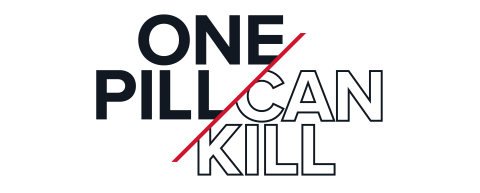
Counterfeit Fentanyl Pills Can Kill
Counterfeit pills are easy to purchase, widely available, often contain fentanyl or methamphetamine, and can be deadly.

Learn How To Get Free Narcan
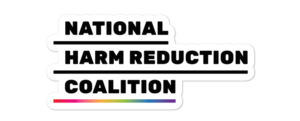
What Should I Do If I Suspect An Overdose?
Prescription Pain Pill, Heroin and Fentanyl Resources For Families, Caregivers, Educators, Teens and Students
Resources for Parents, Caregivers and Educators

Resources for Teens and Their Friends
Resources for College Students

Tools to Combat Opioid Misuse

Resources to Dispose of Prescription Drugs
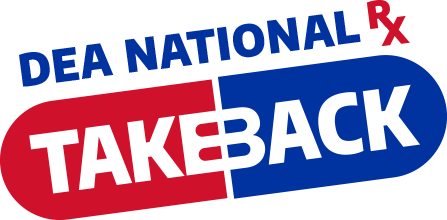
Spokane Alliance for Fentanyl Education

DEA’s Operation Engage and the Rayce Rudeen Foundation are collaborating to build an alliance of Spokane-area community leaders. Together, we will increase awareness of the fentanyl crisis and introduce a strategic and innovative program designed for the Spokane community.
Spokane Focused On…
RECOVERY
